Anyone who cares enough about what their dog eats has probably spent time poring over ingredient labels and has seen xanthan gum included in quite a few foods. That doesn’t mean that they know what xanthan gum is or what it does, though.
Given how complicated some food labels can be and how much debate there can be over the healthiness of certain ingredients, it is not surprising that many people have no idea if xanthan gum is good for their dogs or not. So is xanthan gum safe for dogs? In short, yes, xanthan gum is safe for dogs when used as a food additive.
Today, we’re going to dig into this once and for all, so you never have to wonder about this particular ingredient ever again.

Is Xanthan Gum Safe for Dogs?
Xanthan gum is considered safe for canines when it’s consumed as a food additive. A 1973 study showed that a group of Beagles fed different amounts of xanthan gum mixed with their food over a 2-year period had no toxic effects.¹ So, as best we can tell, xanthan gum is safe for dogs. However, there haven’t been any recent wide-scale studies that have evaluated its safety in canines. FEDIAF (the European Pet Food Industry Federation) is working to gather data and get more solid evidence on the use of xanthan gum in the pet food industry.²
It’s true that it can cause digestive problems in large doses, but it’s almost impossible to feed your dog enough to get to that point. You’d have to feed them so much food that the food itself would likely do more damage than the xanthan gum itself.
It’s also worth noting that xanthan gum’s safety has been studied as an additive in dog food. If your pet eats pure xanthan gum, it’s best to contact a vet for advice. Fortunately, it doesn’t have a smell or taste that attracts dogs, so it’s unlikely that your pup would suddenly decide to down an entire bag of the stuff.
Did you know you can speak to a veterinarian without having to travel? Just head over to PangoVet. It's our online service where you can talk to a vet online and get the advice you need for your pet — all at an affordable price!

What Is Xanthan Gum and What Does It Do?
Xanthan gum is made when a bacteria called Xanthomonas campestris ferments a type of sugar, creating a sticky, gummy-like substance. The resulting compound is mixed with alcohol, then filtered and dried, creating a white powder that is easily mixed inside a variety of foods.
Xanthan gum is put in dog foods to thicken and stabilize them. It helps ingredients like oil from separating from the rest of the mixture. It’s mostly found in canned foods, as it keeps everything thick and moist and extends the shelf life.
It’s just an additive, rather than an integral ingredient in dog foods. It doesn’t really offer much in the way of nutritional value, and it’s primarily used to make the food look more attractive and palatable. It’s worth noting that this effect is primarily for the owners. Dogs don’t care how their food looks—they rely on scent and taste to determine if something’s worth eating. However, if an owner thinks that their dog’s food looks gross or unhealthy, they’re unlikely to buy it again, no matter how quickly their pup devours it.
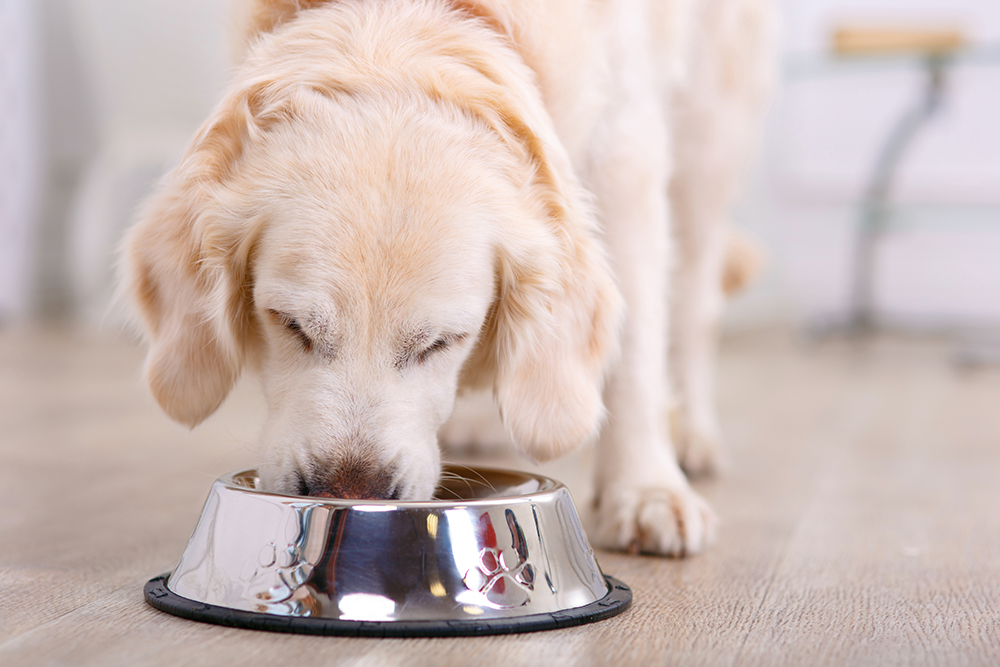
Why Is Xanthan Gum Controversial?
There have been a few slight controversies surrounding the use of xanthan gum in dog food in recent years, but nothing major. Many of them are likely a case of mistaken identity, in fact.
The biggest objection comes from proponents of natural diets. Xanthan gum is an additive, and many people believe that you should never serve your dog additives of any kind, as they’re not part of the animal’s natural diet.
However, xanthan gum poses little risk to your dog’s health. That said, feeding it to your dog has little benefit, so it’s purely a matter of personal preference.
The other big issue comes from people who confuse xanthan gum with xylitol. Xylitol is an artificial sweetener used in chewing gum and toothpaste and as a sugar substitute in “diet” products. It is extremely toxic to dogs and can be lethal even in small amounts, as it quickly leads to hypoglycemia (low sugar levels) and liver failure.
Xanthan gum is not xylitol, and it has almost nothing in common with it beyond starting with the letter “x.”


Final Thoughts: Should You Feed Your Dog a Food With Xanthan Gum in It?
If you’ve been serving your pup food that has xanthan gum listed on the label, there’s no reason to panic. Xantham gum is safe for dogs and it shouldn’t have any adverse effects on their health. That said, it is probably not doing much for them either, so if you feel like cutting it out of their diet, feel free. It is purely a matter of preference.
Regardless, this isn’t an issue that’s worth losing sleep over. Your dog won’t miss it if it is gone, but they won’t react poorly to its inclusion in their chow.
Of course, either way, your dog will likely try to convince you that your choices have led to them starving to death and that they need just one more bowl of food!
See also:
- Bone Meal in Dog Food – Is It Healthy for Your Dog?
- Can Dogs Eat Sausages? Vet-Verified Facts & FAQ
- Cat Breeds That Get Along With Dogs (With Pictures)
Featured Image Credit: Michelle Lee Photography, Shutterstock

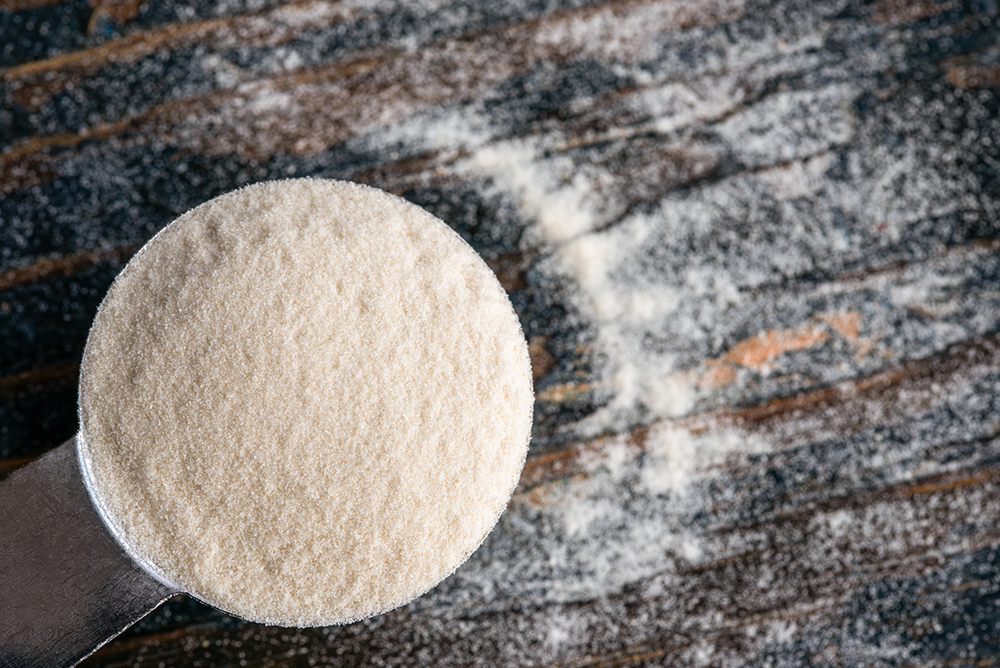


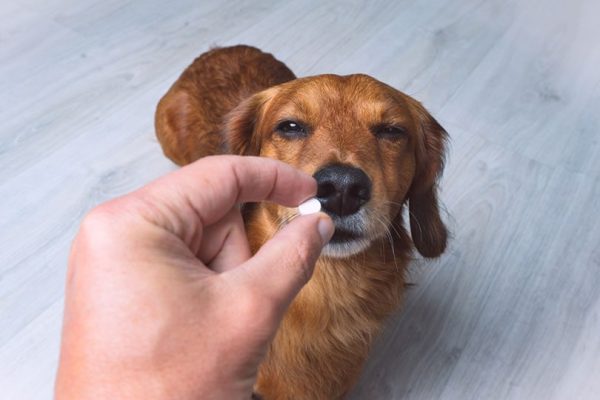



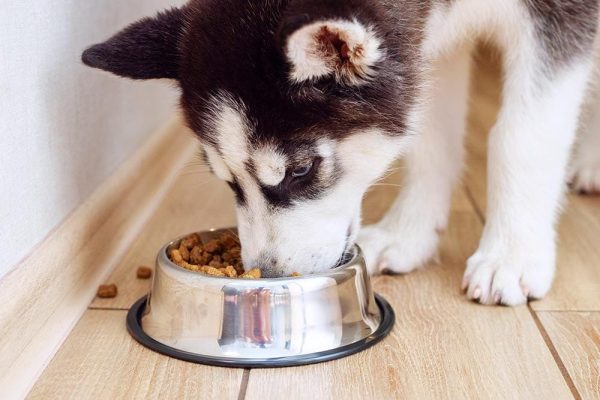



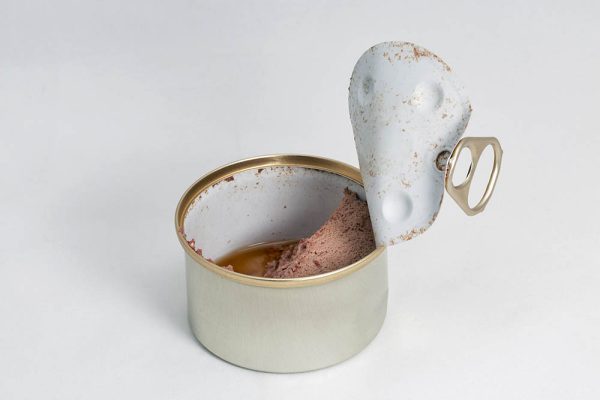
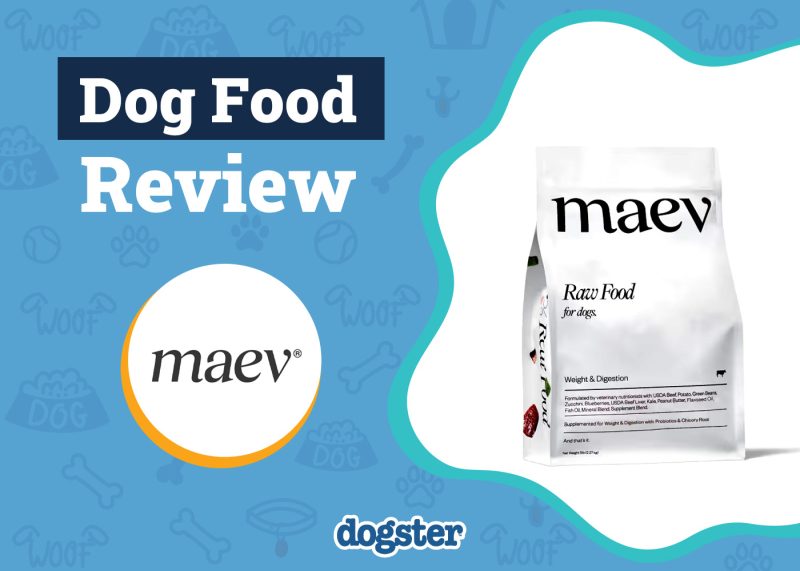

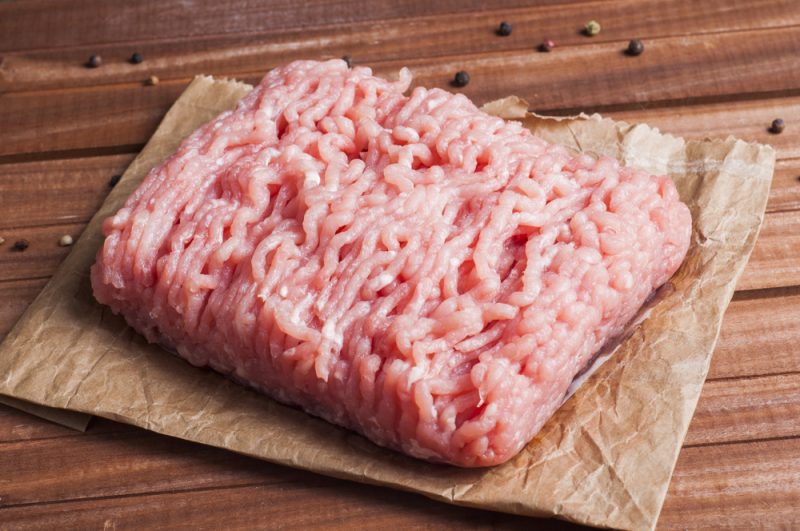
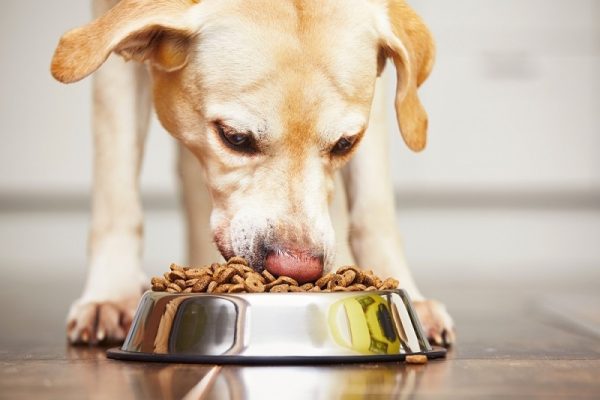
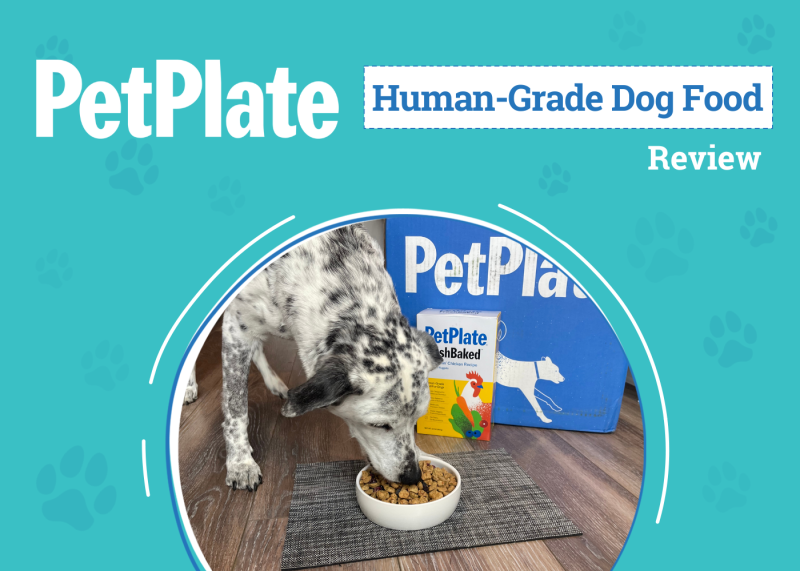
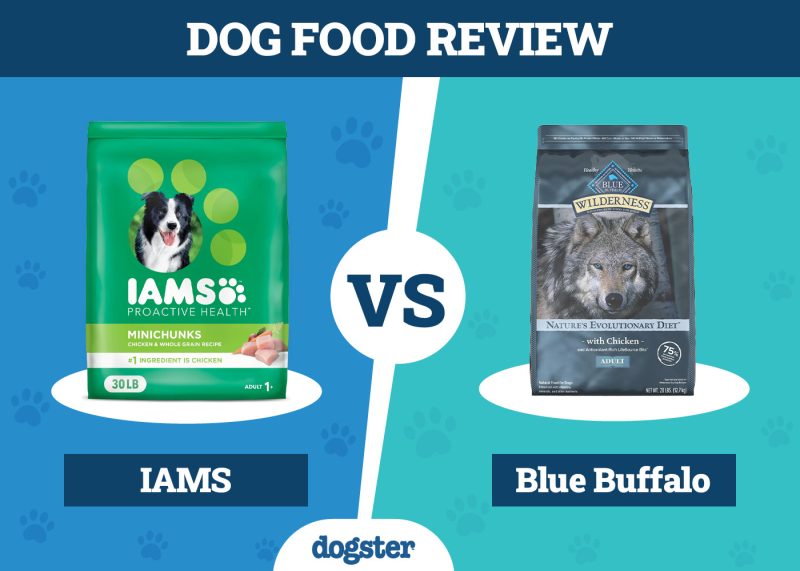
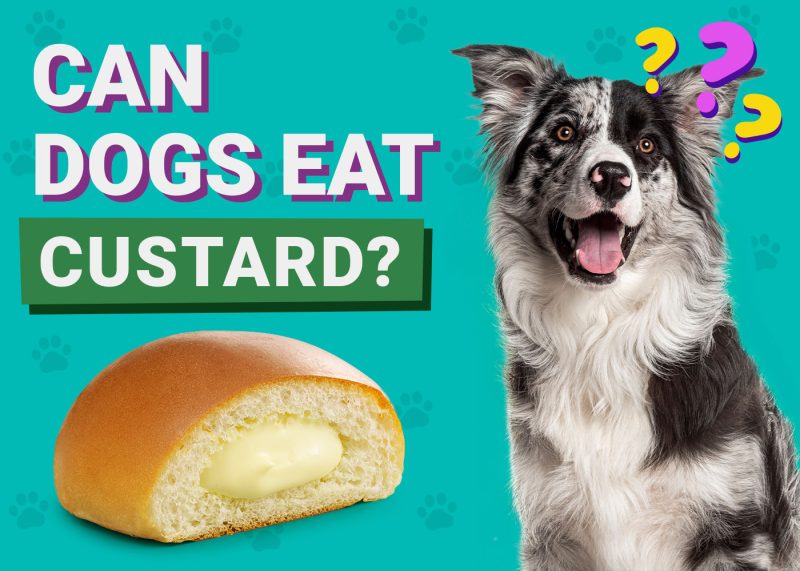

2 Responses
Is petrodex advance dental care toothpaste safe?
Hi Carol, thanks for reaching out to us. Yes, Petrodex Advance Dental Care Toothpaste is generally considered safe when used as directed. It is formulated for dogs and free from harmful ingredients such as fluoride. Always follow the instructions on the packaging and if you're unsure of anything feel free to get in touch with one of our vets at PangoVet. You can book a video consultation with our team at https://pangovet.com. Hope this helps! 🙂